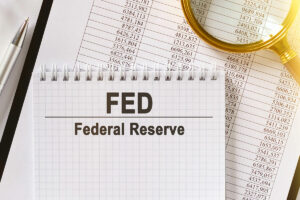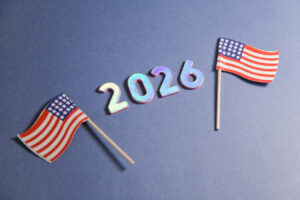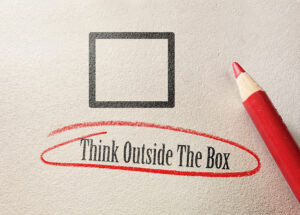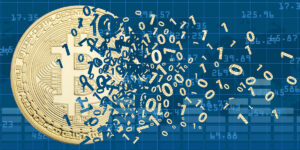Experts Quibble While the Economy Churns

The new year is a time of renewal and reflection. Looking back on the past 12 months and ahead to next 12 like the Roman god Janus for whom the first month is named. And while many are making resolutions and finding fertile ground for what comes next, economists are plowing old fields debating how 2023 defied the conventional wisdom of an impending recession.
Of course, there are some on the doom-and-gloom side still predicting financial ruin in the coming months and given the cyclical nature of economies they will eventually be correct. For the rest, though, the central question seems to be what brought soaring inflation back to Earth with the prospect of a soft landing for the economy. And at the center of that debate is the Federal Reserve Board.
Over the course of the Fed’s interest-rate hike cycle that began in March 2022 and included 11 pulls on the monetary policy lever, economists – both professional and armchair – debated the efficacy of rate increases and the likelihood the near-term result would be a recession. After spending much of the last year waiting for an inevitable downturn that never came, the academic air is filled with speculative arguments about how we arrived at this point. But where exactly are we?
Yes, inflation has come down dramatically over the past year, the labor market remains strong and consumer spending has been robust. But we still haven’t reached the Fed’s inflation target of 2%, yet many are acting as if the economic clouds have parted and it is blue skies as far as the eye can see. But not everyone.
In his mid-December press conference after the last Federal Open Market Committee meeting of 2023, Fed chairman Jay Powell was clear about the central bank’s perception of the state of the economy. “We still have a long way to go,” he said. “No one is declaring victory. That would be premature.”
Even the questions Powell fielded from the media that day reflect a sense that despite positive economic news, there are still a lot of people waiting for the other shoe to drop. Asked about the likelihood of a recession in the coming months, Powell offered an honest assessment of the economic realities the nation faces.
“I think there’s always a possibility that there will be a recession in the next year,” he said. “And it’s a meaningful probability no matter what the economy is doing. So it’s always a real possibility.”
Always playing it close to the vest, as is the style of Fed chairs, Powell did not take the bait of reporters’ queries about surveys highlighting a disconnect between the reality of good economic news and the public perception of an economy on the edge of recession, saying simply “the thing we can do is do our jobs, which is to use our tools to foster price stability.”
Powell also addressed concerns the Fed will keep rates high longer than necessary, fulfilling the prophecy of an interest-rate induced recession.
“We’re aware of the risk that we would hang on too long,” he said. “We know that is a risk and we’re very focused on not making that mistake.”
In the end, the biggest hurdle facing the U.S. economy isn’t lingering supply chain problems, higher interest rates or job growth issues. It is the consistent belief that somehow, we have put the strains of the Covid-19 pandemic behind us and everything is back to “normal.” As long as that conventional wisdom prevails, spinning economic theories and debating monetary policy moves against a backdrop that doesn’t acknowledge the fundamental changes in the global economy will fall short of providing an understanding of where we are and how we got here, let alone where we are headed.









